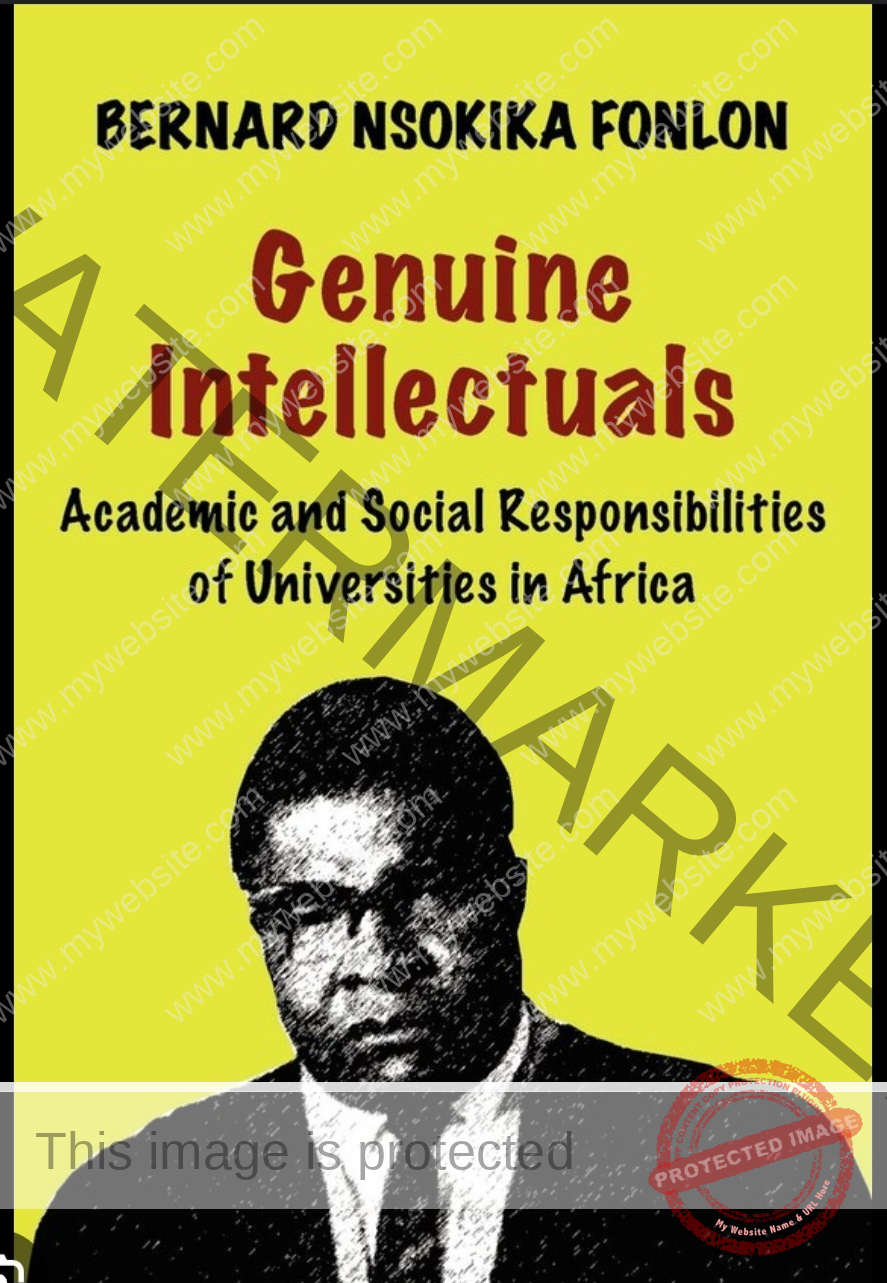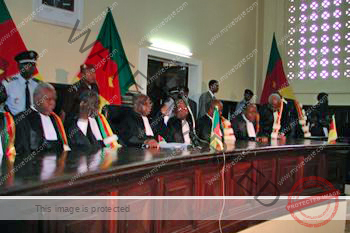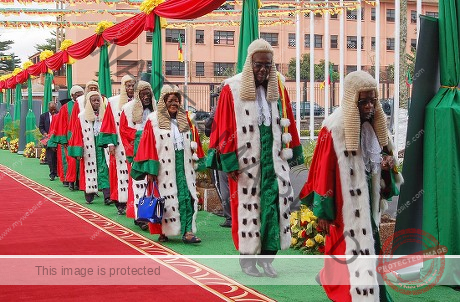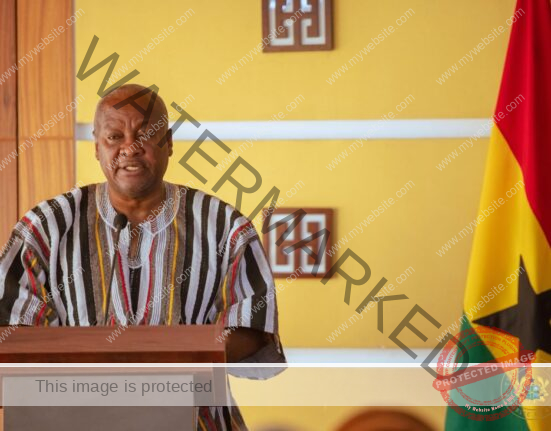BOOK REVIEW
By Jennifer McChriston
June 2025
In an era when many of our so-called elite have bartered principle for privilege, Professor Bernard Nsokika Fonlon’s “The Genuine Intellectual” stands as a searing rebuke and an enduring moral compass. It is not just a book—it is a blueprint for conscience in public life, and a quiet manifesto of what Southern Cameroonian leadership should have become but never did.
Fonlon, the gifted polyglot, philosopher, priest-in-training, and patriot, challenges his readers with a timeless question: What is the role of the intellectual in society? And his answer is as bold as it is clear—the genuine intellectual is the moral light of the nation, not its echo chamber.
The Substance of the Work
Originally published in 1978, The Genuine Intellectual is structured as both philosophical meditation and practical exhortation. Drawing from classical traditions, Christian theology, and the African communal spirit, Fonlon outlines the traits of the true thinker: courage, moral clarity, discipline, and self-sacrifice.
But more than a theoretical exercise, the book is a veiled critique of the Cameroonian political class, already by then gripped by the cancer of corruption, opportunism, and intellectual mediocrity.
Fonlon’s “genuine intellectual” is not the one who speaks French well or dines at ministerial tables. He is the one who speaks truth to power—even when it costs him his position or life.
Relevance Today: A Mirror to Betrayers
Where Fonlon dared to dream of a class of public servants grounded in ethical rigor, his intellectual descendants have chosen servility. The names are many—well-educated men and women from Sacred Heart, CPC, Buea College, and the Sorbonne—who now kneel in the shadow of tyranny, speaking in platitudes while Southern Cameroonians are butchered and burned.
They quote Fonlon, but betray his every ideal.
Contrast Fonlon’s bravery with the political silence of many current “elites” of the North West and South West. While he resigned from government posts and published principled rebukes of centralization, they write congratulatory memos to the Bulu-Beti monarchy and publish books that whitewash genocide under the guise of peace.
Fonlon refused to participate in the dismantling of the Anglo-Saxon legal and educational systems. Today’s elite administer that dismantling, in hopes of ambassadorships or construction contracts.
The Intellectual and the Struggle for Ambazonia
If there were ever a spiritual godfather of the Ambazonian resistance, it would be Bernard Fonlon. Though he never explicitly called for secession, he foresaw the tragedy of an unbalanced union. He wrote of the need to protect the Anglophone identity, to nurture its institutions, and to stand for justice.
In Fonlon’s moral framework, the struggle for Ambazonian liberation is not only political—it is a duty of intellectual integrity. For what else is self-determination but the insistence that truth and history matter?
Final Reflections
The Genuine Intellectual is more than a book—it is a mirror held up to our collective conscience. In it, Professor Fonlon challenges us to rise above mediocrity, tribal loyalty, and political fear. He calls us to be brave, to be rooted, to be relentless in our pursuit of the truth.
We have too many professionals, too many degree-holders, too many spokespeople. What we lack are genuine intellectuals.
May this work, and Fonlon’s fearless example, awaken a new generation of thinkers who do not write to be praised by oppressors—but to defend the oppressed.
Rating: ★★★★★ (5 out of 5)
A moral masterpiece. Every Ambazonian leader should read it—and be judged by it.
Jennifer McChriston





















Leave feedback about this